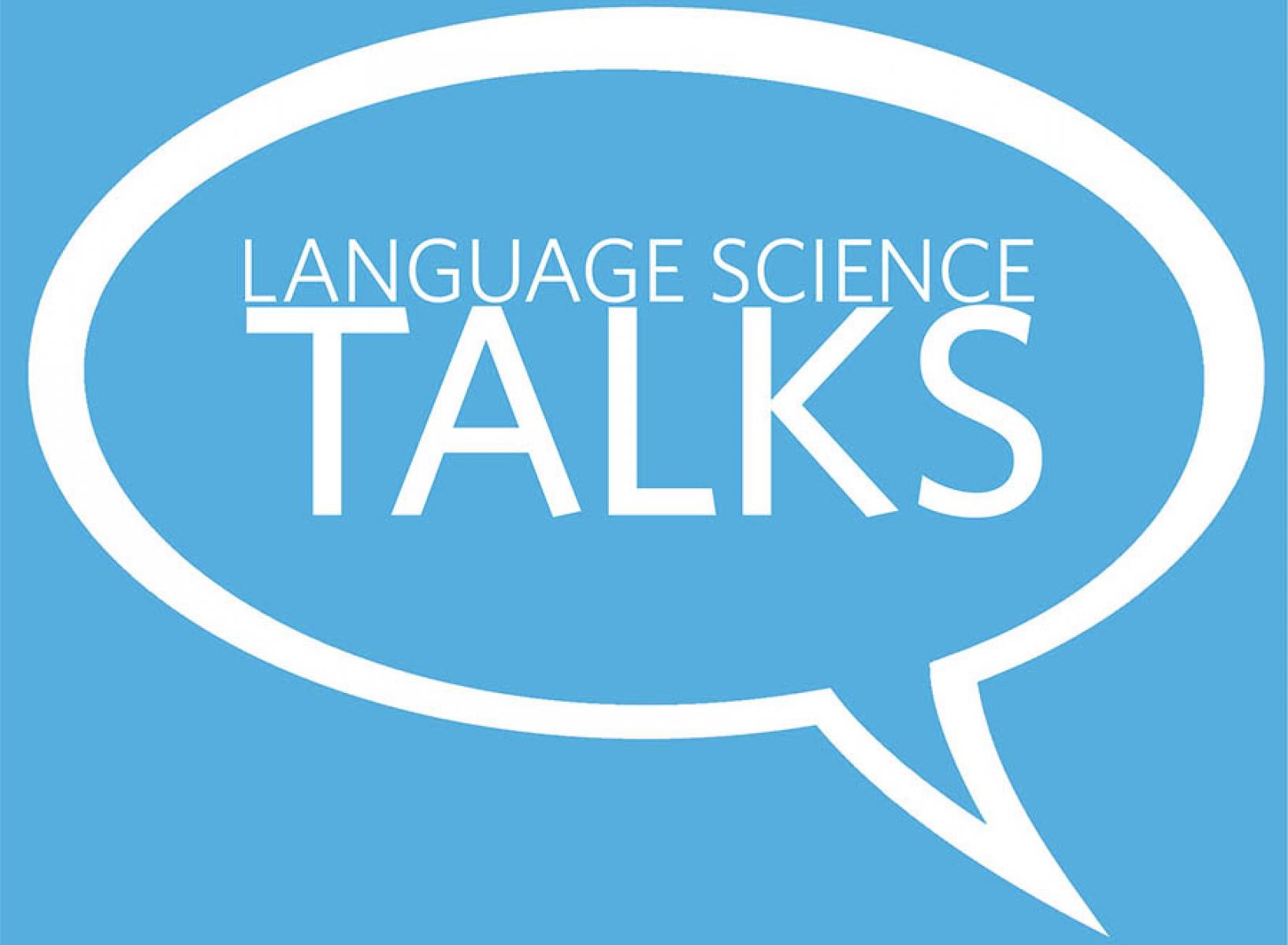Language Sciences Talks - Dr. David Gramling On 'Exit the Linguacene'
January 27, 2023, 12:00 pm to 12:00 pm
Join us at the Dodson Room in the Irving K. Barber Learning Centre on Friday, January 27th, 2023 from 12:00-1:00 pm for the next Language Science Talk featuring Dr. David Gramling. Dr. Janet Werker, Language Sciences Co-Director will be moderating this event.
Registration for this event is required as a light lunch will be provided for in-person attendees and numbers are needed for catering. Please RSVP using the button below.
Please use the Zoom details below to attend virtually:
Zoom Link: https://ubc.zoom.us/j/67272580594?pwd=SW1xSEdaaFQ5eCtDRnh4dU53Z0hqZz09
Meeting ID: 672 7258 0594
Passcode: 471285
Title: Exit the Linguacene
Abstract:
This talk presents the concept of the linguacene, as introduced in Gramling’s previous two monographs on monolingualism and multilingualism. Endemic to this age of the linguacene is the supply-side management of global multilingualism through pathways that primarily serve commercial clients, security and revenue agendas, and borderless-market strategems, by reducing the time and expense necessary for translation and other forms of cross-linguistic conviviality. The term “linguacene” shares the -cene suffix with Anthropocene, in part to accentuate how the fortification of monolingualisms for translation-automation purposes also accelerates the industrial effects already characteristic of the late Anthropocene: global overheating, climate racism and precarity, ecological destruction, unbridled and secretive extractivism, and human and nonhuman suffering of all sorts. Ideally, of course, translation and multilingual communication could serve as crucial tools in reversing these disastrous effects, but in the linguacene, client-driven cross-linguistic information retrieval capacities tend to multiply these effects instead. The talk concludes with some thoughts on how we might “exit” the linguacene sooner than later, and why it may benefit us—as individuals and as institutions like UBC—to do so.
Speaker bio:
David Gramling (he/they) is author, editor, or translator of seven books in print: The Invention of Multilingualism (Cambridge University Press, 2021); The Invention of Monolingualism (Bloomsbury 2016, American Association for Applied Linguistics Book Award, 2018); co-author of Palliative Care Conversations: Clinical and Applied Linguistic Perspectives (De Gruyter 2019, with David’s big brother Robert Gramling); Linguistic Disobedience: Restoring Power to Civic Language (Palgrave 2019, with Yuliya Komska and Michelle Moyd); Germany in Transit: Nation and Migration 1955–2005 (University of California Press 2007 with Deniz Göktürk and Anton Kaes); and Transit Deutschland: Debatten zu Nation und Migration(Konstanz University Press / Wallstein Verlag, with Deniz Göktüurk, Anton Kaes, and Andreas Langenohl). David’s book-length co-translation (with Aron Aji) of Murathan Mungan’s Turkish-language Shahmeran story cycle Valor: Stories (Cenk Hikayeleri) was published in Fall 2023 with Northwestern University Press, supported by a 2021 Global Humanities Translation Prize from Northwestern University.
Future books include Literature in Late Mono/lingualism, Translating Transgender (with Aniruddha Dutta), and Aloof: On Seeing Less than you Should.
David is an editorial board member of Transgender Studies Quarterly (Duke University Press) and German Quarterly, and was founding editor with Chantelle Warner of Critical Multilingualism Studies, now under the editorship of Janice McGregor and Emma Trentman.
